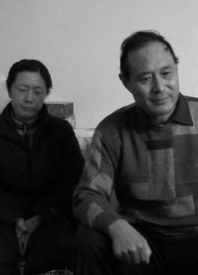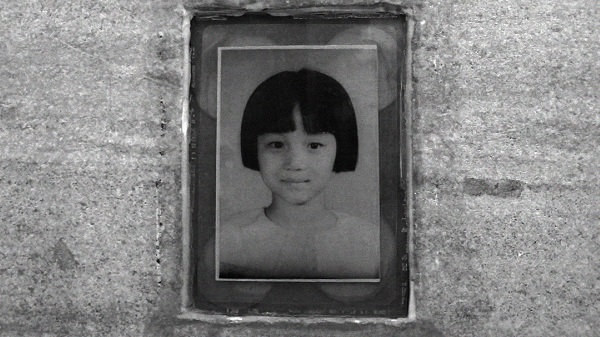
On December 8, 1994, several children from the cultural mosaic that is Karamay in Xinjiang, northwestern China performed in a theatre in front of the cadres of the Communist Party, the media, and their peers. A fire breaks out in the theatre, killing around 300 people, most of them children. What makes this tragedy more emotional to the people know about it is how the Party treated and still treat the victims and the latter’s families. Xu Xin’s exhaustive documentary bears the same title as the city where the disaster occurs. Clocking in at almost six hours, it’s an intimidating but essential viewing. It occasionally uses archive footage, but most of the documentary uses interviews of the parents of the victims and survivors. Some parents have their children’s funeral pictures ready.
Karamay reminds its viewers of a whole community’s generation lost. It has two parts although the ethos in both bleed into each other. The first deals with the disaster’s emotional weight and the second deals slightly more with the facts. This documentary was only previously available in America, but this rerelease shows a more crystal clear footage of the black and white interviews. One parent talks about the diseases afflicting her child after the fire. The interviews also show how each culture within Xinjiang. Karamay’s Han majority had mixed feeling about burying their children before the seven day customary period. Some needed the seven days while others wanted to have their child and bury them immediately. Immediate burial is more customary for the Hui and Uyghur minorities.
But these minority parents are just like their Han counterparts. These parents wanted the same thing, for the Party to declare their children are martyrs. After all, their teachers told them to stay in their seats so that the cadres can leave the theatre first. Xu’s ratio of archive versus interview favour the latter just to highlight how the Party mistreats the survivors and the victims’ parents. One interviewee talks about how a cadre gave a speech about how the parents are giving Karamay a bad reputation as opposed to the real culprit – the Party. The archive footage is as insightful addition to these parents’ narratives. Most viewers are lucky that some of the archives aren’t high def although it captures the dead and the survivors just as hauntingly.
There are also news segments capturing the performative nature of the Party inspecting the theatre after the fact. Viewers can feel the same devastation as these parents, but again, after those emotions, the facts remain. One parent tells the Xu that Karamay Fire Department has the best equipment and staff in all of Xinjiang. It’s an oil town, and the department is, being generous, a ten minute walk away from the theatre. How is a fire department from an oil town unable to put out a fire from a single building? Where were the fire hydrants, the equipment to open the metal doors that stopped the kids from escaping? We’ll probably neve forget the answers to those questions, but the film at least wants us to remember these lost lives.
Karamay comes on OVID’s platform today.


